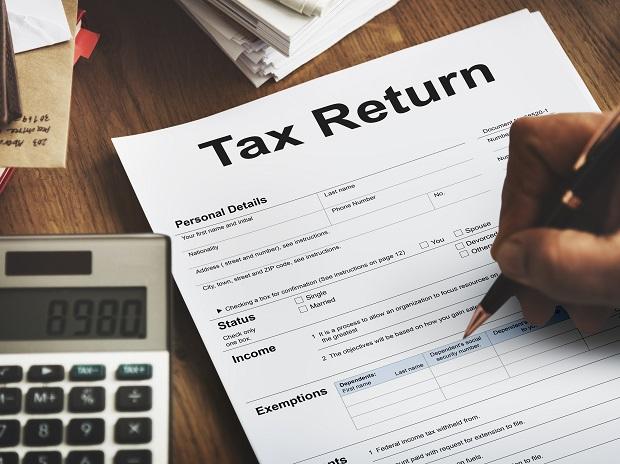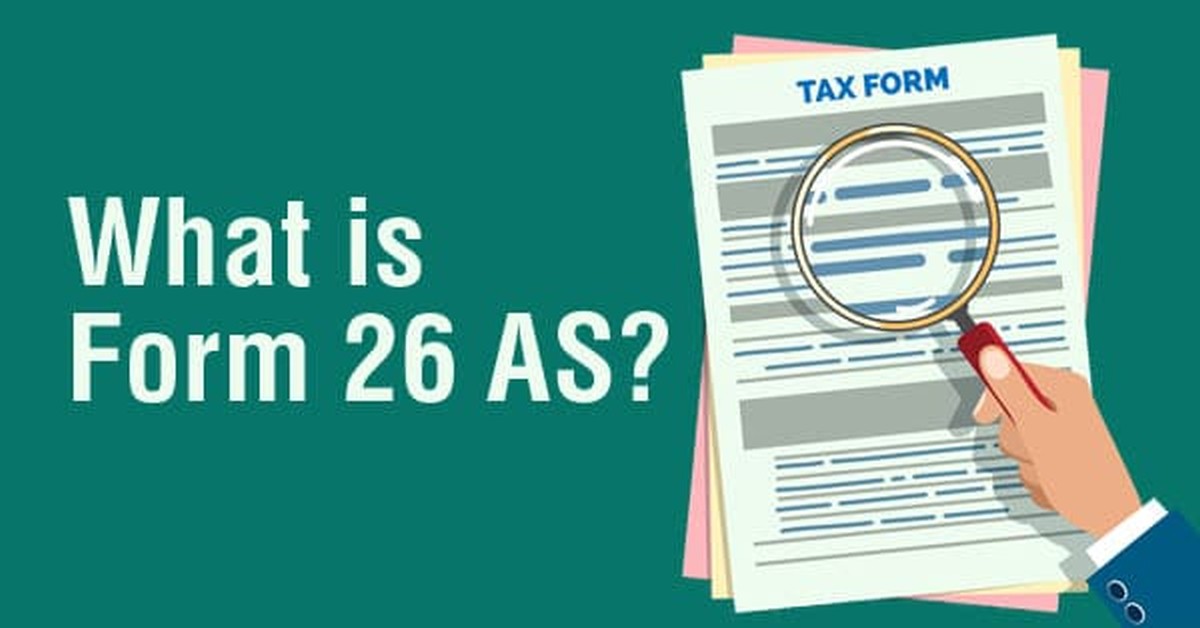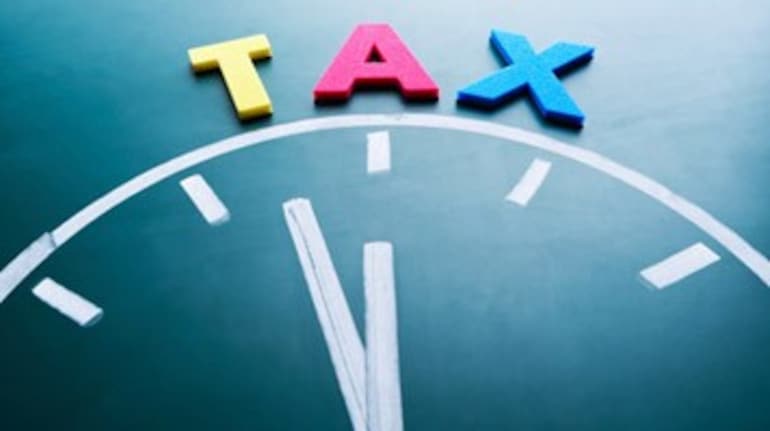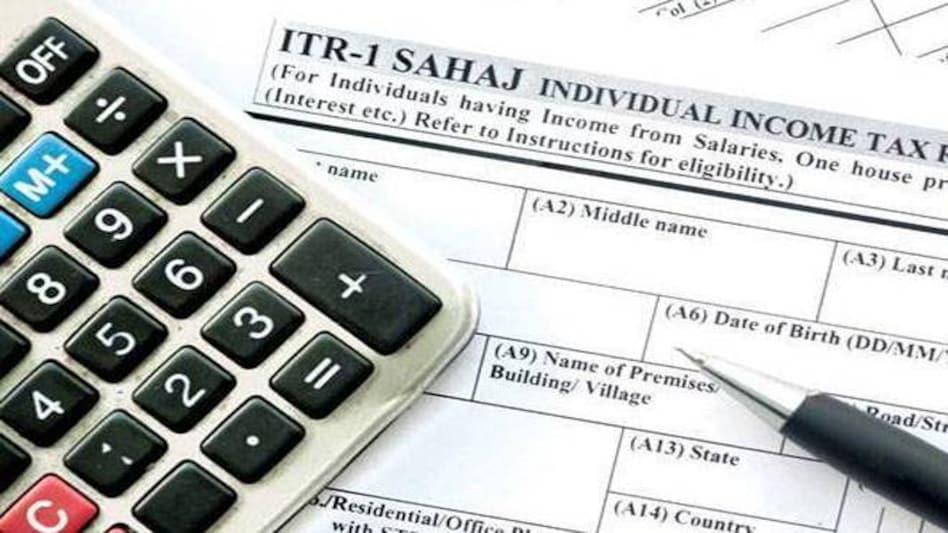Individual taxpayers frequently favor filing their own Income Tax Returns (ITRs). Yet, because not everyone is familiar with how to fill out an ITR, it can also be a little challenging. As a result, taxpayers frequently make mistakes when completing their ITR online. Because of this, ITRs frequently fail, and in such cases, penalties may also be levied. Errors that are common or that you are prone to commit can be avoided. These are seven errors you should avoid when submitting your ITR online:
1. Using the wrong ITR form:
Many taxpayers make the very common error of using the incorrect ITR form. The IT department rejects their submission if they make such an error. As a result, you should be careful while selecting the ITR form when filing your ITR. The following are examples of ITR forms and the relevant users:
ITR Form 1: Salary earners
Form 2 ITR : Salaried people who get money from capital gains on investments
ITR Form 3: People who are self-employed and get income from business profits must be complete
2. Avoid checking Form 26AS:
Form 26AS is a crucial document that includes information on your income. This comprises taxes paid in advance, tax withheld at source (TDS), taxes paid on one’s own behalf, and tax credits. There are situations when the information on Form 26AS and the employer’s Form 16 do not agree. Hence, before submitting your ITR, it is advised to compare the information in Form 16 with the details in Form 26AS rather than relying entirely on Form 26AS.
 3. Failing to include each savings account:
3. Failing to include each savings account:
There are several bank accounts among us, and if you have any overseas bank accounts, you must report the information about those accounts in your ITR. You must also disclose any bank accounts that were closed during the fiscal year. By disclosing this information, money laundering and associated actions can be decreased.
4. Not disclosing the source of income:
There may be additional sources of income besides your job and your business. Rent from residential or commercial property, interest from fixed deposits, capital gains, etc. is all included in this. Some taxpayers don’t disclose all of their sources of income, only their salary or significant business income. The law requires you to disclose every source of income. If you have changed jobs during the financial year, you will have to disclose the earnings from your previous job.
5. ITR-V not being sent to CPC:
After 120 days of filing your income tax return online, if you are not using Aadhaar-based verification and digital signature, you will obtain a signed copy of ITR-V. A copy has to be sent to the Centralized Processing Center (CPC) of the IT Department in Bangalore. Your file will not be recognized if ITR-V is not provided to CPC.
6. Not paying your advance tax:
You won’t need to pay advance tax if you receive a paycheck because your company will deduct the necessary tax in the form of TDS from your pay. Nonetheless, you will be obliged to pay advance tax if you are self-employed or receive income from sources other than your salary. If the advance tax is not paid on time, interest will be applied.
7. Not submitting Revised ITR:
To address errors made in Income Tax Return filing, such as erroneous or wrong personal or financial information, incorrect deductions, etc., you can submit a Revised Income Tax Return to the IT department. If you detect any mistake while examining your ITR, you should file a corrected income tax return.
Read More: Avneet Kaur showed her flawless figure by wearing a small top causing a stir

|
|
 YouTube YouTube |
Click Here |
 Facebook Page Facebook Page |
Click Here |
 Instagram Instagram |
Click Here |
 Telegram Channel Telegram Channel |
Click Here |









